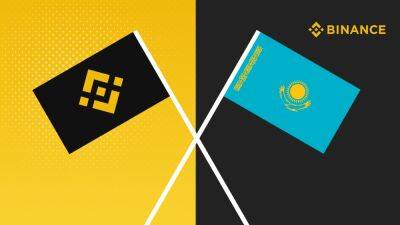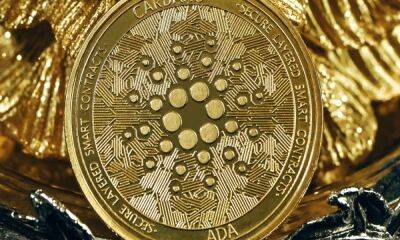How Ethereum makeover will change crypto space
Ethereum, the popular crypto network that runs Ether, the world's second-most-valuable digital currency with $200 billion mcap, is undergoing the biggest system upgrade since going live a little over seven years ago. Called 'Merge', this upgrade is unlikely to have any technical hurdles for the people within the Ethereum blockchain ecosystem but will have some tax implications for Indians who hold Ether. Ether investors will witness a split in their holdings with two different types of cryptocurrencies in their wallet: Ether 'PoW', in addition to digital coins they hold. What is Merge? The software change, 'Merge', will lower Ethereum's energy use by 99%, addressing criticism of blockchains' electricity consumption. This is possible since the merge will move from a system called Proof of Work (PoW) to Proof of Stake (PoS) for validating blockchains, including cryptocurrency transactions. PoW uses a huge amount of power, while PoS consumes very little electricity.What are PoW and PoS?
Did you Know?
From tracking sustainability of products to monitoring pollution, environmental researchers are now finding blockchain’s use in solving the climate crisis.
View Details »These are the two dominant processes through which blocks within blockchains are created and old ones are validated. Under the PoW system, Ethereum's decentralised network of computers race to solve complex algorithms and mathematical problems, competing for the right to order transactions and add blocks of data to a digital ledger. Owners of the computers, called miners, who successfully solve and validate the blocks, are awarded newly created cryptocurrencies. Under the PoS system, existing crypto holders who
Read more on economictimes.indiatimes.com


![Cardano’s [ADA] TVL slumps to an all-year low, but here’s the catch - ambcrypto.com - city Santiment](https://finance-news.co/storage/thumbs_400/img/2022/10/8/44092_oapkk.jpg)
![Convex Finance [CVX]: All you need to know before last unlock takes place - ambcrypto.com - city Santiment](https://finance-news.co/storage/thumbs_400/img/2022/10/8/44091_7smk.jpg)
















